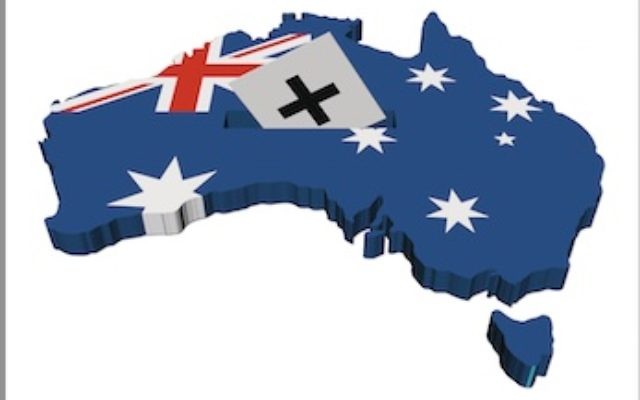Your vote counts
This Saturday, the Australian public will vote for the candidates and parties they wish to represent them and form the next government in the federal Parliament.
Last week, the British public voted to leave the European Union. Later this year, having already voted for who will contest the US election, the American public will vote for the 45th president of the United States. And this Saturday, the Australian public will vote for the candidates and parties they wish to represent them and form the next government in the federal Parliament.
Before going to the polls this weekend, however, we would do well to reflect on a key lesson learnt at the ballot boxes of both the UK and the US. Some months ago in America, when pundits first started speculating as to who would succeed Barack Obama, few would have predicted that Donald Trump would become frontrunner in the Republican race for the White House. Few also would have suspected that the little-known Bernie Sanders would give the established Hillary Clinton such a close run to claim the candidacy for the Democrats.
In Britain, meanwhile, last Thursday’s Brexit vote seemed to take everyone by surprise, even those who campaigned for it. And the fallout has been far more savage than anyone expected. Not only has the British economy been plunged into turmoil, its impact rippling across the globe, but the British Prime Minister has tendered his resignation – prompting a race to head up the ruling Conservative Party – and the Leader of the Opposition faces an unprecedented rebellion within his ranks, with no fewer than 20 shadow ministers resigning and a 172-40 no confidence vote from his own MPs.
But it doesn’t end there. There’s talk in Scotland and Northern Ireland of seceding from the United Kingdom, while such is the anger and despair of those who oppose the Brexit that millions are signing online petitions calling for a second referendum and urging MPs to ignore the result of the first referendum.
In the midst of this disarray, there are reports of Brexit voters regretting where they put their crosses and changing their minds. Some claim they were unaware just how significant the repercussions would be, some claim they were merely registering a protest vote against the establishment, some claim they didn’t really understand what they were voting for and some claim they didn’t really think their vote would count or have any impact.
But votes do count and they do have an impact.
This weekend, Australians will be asked to rank the various candidates in their electorates in order of preference. If one candidate doesn’t win an outright majority, those preferences will play a key role in determining who the eventual victor is. That being the case, careful consideration is needed to determine who will benefit from your preferences and how they will play out.
The most interesting seat in terms of the community in the forthcoming election is Melbourne Ports, which has more than 19,000 Jewish constituents. Recent polling puts the seat on a knife edge. Labor’s Michael Danby is without question Israel’s best and most outspoken friend in Federal Parliament.
But sadly, in recent years, his party and members within it have continued to disappoint the community. There have been abstentions on issues related to Israel at the UN, while those on the fringes continue to lambaste the Jewish State and have helped push through a resolution that would see the party consider recognition of a Palestinian State in the event that the next round of peace talks sees no progress.
Liberal candidate Owen Guest, meanwhile, doesn’t have a long history when it comes to the Australian Jewish community or Israel. However, save for the government’s recent dealings with Iran, he represents a party that has a proven record of staunch support for Israel on the international stage
As for the Greens candidate Steph Hodgins-May, she has simply become a no-go zone for the mainstream community. Many erstwhile supporters have deserted her following her withdrawal from a panel debate after learning one of the co-hosts was Zionism Victoria – a decision that seemed to confirm that concerns regarding her party’s stance towards the Jewish State were fully justified.
Of course, there’s far more to consider than simply the candidates’ and their parties’ stance on issues of specific interest to the Jewish community. But whoever you want to triumph at the polls, with the election neck and neck in Melbourne Ports, preferences are expected to play a key role in determining who wins the day.
That being the case, it is incumbent on voters to think carefully how they rank the candidates and the impact that may have.
In Sydney, meanwhile, the majority of the Jewish community lives in Malcolm Turnbull’s electorate of Wentworth. Voters often feel like their vote is useless as it would take a minor miracle for Labor or the Greens to win the seat.
But there’s more at stake at this election than just the House of Representatives. For the first time in decades a double-dissolution election means that all 72 Senate seats will be contested as well.
So when you enter the polling station, your ballot paper could play a key role. In short, every vote could count. It’s a responsibility we must all take seriously, lest we face the same regrets over the outcome as our cousins in the UK.


comments